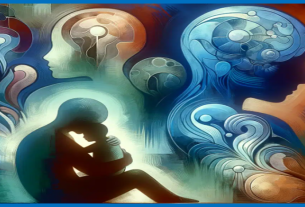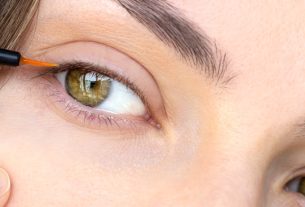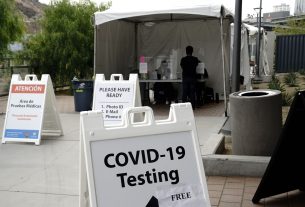For many, a cup of coffee is a go-to remedy for boosting energy and focus. However, for some individuals, drinking coffee seems to have the opposite effect—making them feel tired, relaxed, or even sluggish. If you’ve ever experienced this paradoxical reaction, you’re not alone. Several factors could explain why coffee doesn’t always work as expected, and understanding these can help you make more informed choices about your caffeine intake.
1. Genetics and Caffeine Metabolism
Your genetic makeup plays a significant role in how your body reacts to caffeine. Research has shown that variations in certain genes, particularly the CYP1A2 gene, can influence how quickly your body metabolizes caffeine. Some people are “fast metabolizers,” meaning they process caffeine quickly and may not feel the typical stimulating effects. Others are “slow metabolizers,” and caffeine can have a more pronounced effect on them. If you belong to the first group, you might find that coffee doesn’t energize you as it does for others, or even makes you feel tired.
2. Caffeine Tolerance
For regular coffee drinkers, tolerance to caffeine is a common phenomenon. Over time, frequent caffeine consumption can lead to diminished effects as the body becomes accustomed to it. Essentially, your body may require higher doses of caffeine to achieve the same stimulating effects. In some cases, this tolerance can become so pronounced that even a cup of coffee may leave you feeling more tired than energized.
3. Adrenal Fatigue and Stress
Caffeine stimulates the adrenal glands, triggering the release of cortisol, the body’s primary stress hormone. If you’re already dealing with high levels of stress or fatigue, your adrenal glands may be overworked, making the usual stimulating effects of coffee feel overwhelming. In this case, coffee can contribute to a feeling of burnout or fatigue rather than an energy boost. This phenomenon, sometimes referred to as “adrenal fatigue,” could be why caffeine feels more like a sedative than a stimulant.
4. Dehydration
Caffeine has diuretic properties, meaning it increases the frequency of urination. This effect can lead to dehydration if you’re not replenishing lost fluids, and dehydration itself can cause fatigue. When you’re dehydrated, your body struggles to function optimally, which can make you feel lethargic or tired. If you notice coffee making you feel sluggish, it could be due to dehydration, especially if you’re not drinking enough water alongside your caffeine intake.
5. Blood Sugar Imbalances
Coffee has been shown to influence blood sugar levels, which can lead to fluctuations that impact energy levels. For some people, caffeine causes a spike in blood sugar followed by a rapid crash, leaving them feeling fatigued or sluggish afterward. If you have an underlying condition such as insulin resistance or hypoglycemia (low blood sugar), this response could be more pronounced. In these cases, coffee may exacerbate blood sugar imbalances, contributing to feelings of tiredness.
6. Underlying Health Conditions
If you’re dealing with chronic health conditions like depression, anxiety, or sleep disorders, caffeine might not have the desired energizing effect. For example, caffeine can increase feelings of anxiety or disrupt sleep, both of which can lead to more fatigue. Depression, in particular, can cause low energy levels, and while coffee may give an initial sense of alertness, it often doesn’t sustain this effect, leading to a crash. If you’re experiencing persistent tiredness despite drinking coffee, an underlying health issue may be at play.
7. Circadian Rhythm and Timing
Your body’s circadian rhythm regulates your natural sleep-wake cycle, influencing energy levels throughout the day. Drinking coffee at certain times—especially in the afternoon or evening—can interfere with this rhythm and disrupt your body’s natural process of winding down. As a result, you may feel more tired after drinking coffee, especially if it’s late in the day and your body is preparing for rest. Additionally, if you’re drinking coffee when your body naturally feels tired, you may experience a feeling of increased relaxation or drowsiness.
Conclusion
If you find that coffee makes you feel more tired than alert, it’s important to explore potential underlying factors such as genetics, caffeine tolerance, stress levels, or even dehydration. Each person’s response to caffeine is unique, and understanding the reasons behind your body’s reaction can help you make better decisions about your coffee consumption. If you’re still struggling with energy issues despite making adjustments, it might be worthwhile to consult a healthcare professional to rule out any medical conditions.



